Tutor Training
TASC Home
TASC Hours and Contact Info
Writing Center
Math Computer Lab
Online Tutoring
Language Arts Lab
Tutor Training
Diversity/Confidentiality
In TASC, we serve an ever-widening crosscut of the area’s population. Therefore, it is important for you to keep this in mind as you conduct your tutoring sessions and in all phases of your time in TASC. As a TASC employee, you serve as a representative of not only TASC, but the entire college, so it is vital that you act in a professional manner at all times.
Diversity
When tutoring, you will find yourself with many tutees that are different from yourself. Perhaps they have a learning disability, are of a different race or religion, or perhaps just a different gender or sexual orientation. What if they are not as intelligent as you, or maybe not as wealthy as you? What effect does this have on your tutoring sessions?
We would like to say that differences would have no effect on your session and hopefully, this will be the case. However, it is often the case that tutors (along with everyone else) have absorbed some degree of bias or stereotyping into their psyche. It is important that you examine how you interact with other students and recognize any manifestations of bias or stereotyping, e.g. assuming that someone having trouble with reading their assignment is of lower intelligence (they may have dyslexia) or assuming that most students of a particular national origin are poor so that is why your tutee does not have her text (she may have forgotten it at home that day). This does not, however, make you inferior, it just means that you need to work at overcoming the biases you have absorbed. Some ways of overcoming the differences between you and your tutees are listed below:
- Consciously refrain from stereotyping or generalizing groups of people.
- Find commonalties between you and your tutee.
- Emphasize your similarities instead of your differences.
- Respect the right of others to have opinions that are different from your own.
- Be open minded that others may have had a very different upbringing than you.
- Be patient with people who may not “get things” at the pace you feel they should.
- Above all, be professional!
This being said, it is important for you to know that if you find yourself in a situation in which you believe you are unable to resolve a difference among yourself and your tutee, you should let your supervisor know as soon as possible.
Confidentiality
Professionalism also includes confidentiality. Your tutee should be able to speak frankly about academic problems, knowing you will not repeat what he/she said outside of the tutoring environment.
You are not to discuss any personal or academic information regarding your tutees or your tutoring sessions with anyone other than TASC staff. The only exception would be requests from TRCC faculty, counselors, or other professional staff members with a legitimate need to know. If in doubt about the appropriateness of any request for information, consult one of the professional staff members in TASC.
Per the Federal Education Right to Privacy Act (FERPA), only information concerning the student that is classified as “directory information” may be released to anyone else. For our purposes here, consider “directory information” to be only the student’s name and the fact that he/she is enrolled at the college. By “anyone else,” it means anyone but the TRCC employees noted above, including the student’s family.
Students may waive their privacy rights under FERPA to allow their parents, employer, etc. to receive more information, but you cannot be sure whether they have waived this right or not. Therefore, in any case where a request for information is made by either a party outside of TRCC or by someone from TRCC with which you have any doubts as to the validity of the request, refer the request to a TASC professional staff member.
Example 1: Scenario – Professor Allbright stops by while you are sitting at TASC’s reception desk and asks you whether Jane Smith, from her Monday & Wednesday Beginning Algebra class has been coming in and, if so, what has she been working on.
Response – This information can readily be shared with the professor, as she has a “need-to-know.” You look up her information and find that the student has made only three appointments all semester, and has only kept one of them! Hopefully, now that the professor knows this, she will be able to intervene and convince the student to get help!
Example 2: Scenario – Ten minutes later while you are still at the reception desk, a man comes in and says he is Jane Smith’s father. He tells you that he is worried about how his daughter is doing in Algebra because she had a difficult time with it in high school, and he wants to make sure she is getting the help she needs.
Response – Even though he is genuinely interested in helping his daughter and it would possibly be in her best interest, the law says that you cannot release the information he has asked for unless she has signed a release. Even if he says she has signed the release, you do not know this for sure. In fact, you should not even release the information that she has been to TASC at all (directory information only includes enrollment information)! You should refer the father either to one of the professional staff members in TASC or to the Student Services office to submit a FERPA request.
Remember that confidentiality includes not disclosing any information about students to other students as well! Also remember, we encourage you to speak with a professional staff member any time that you have any worries or concerns over any of your tutees, fellow tutors, or anyone else – we are here to help you!
 TRCC EXTRANET
TRCC EXTRANET




